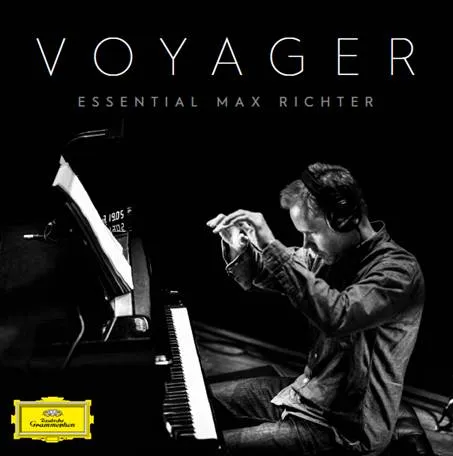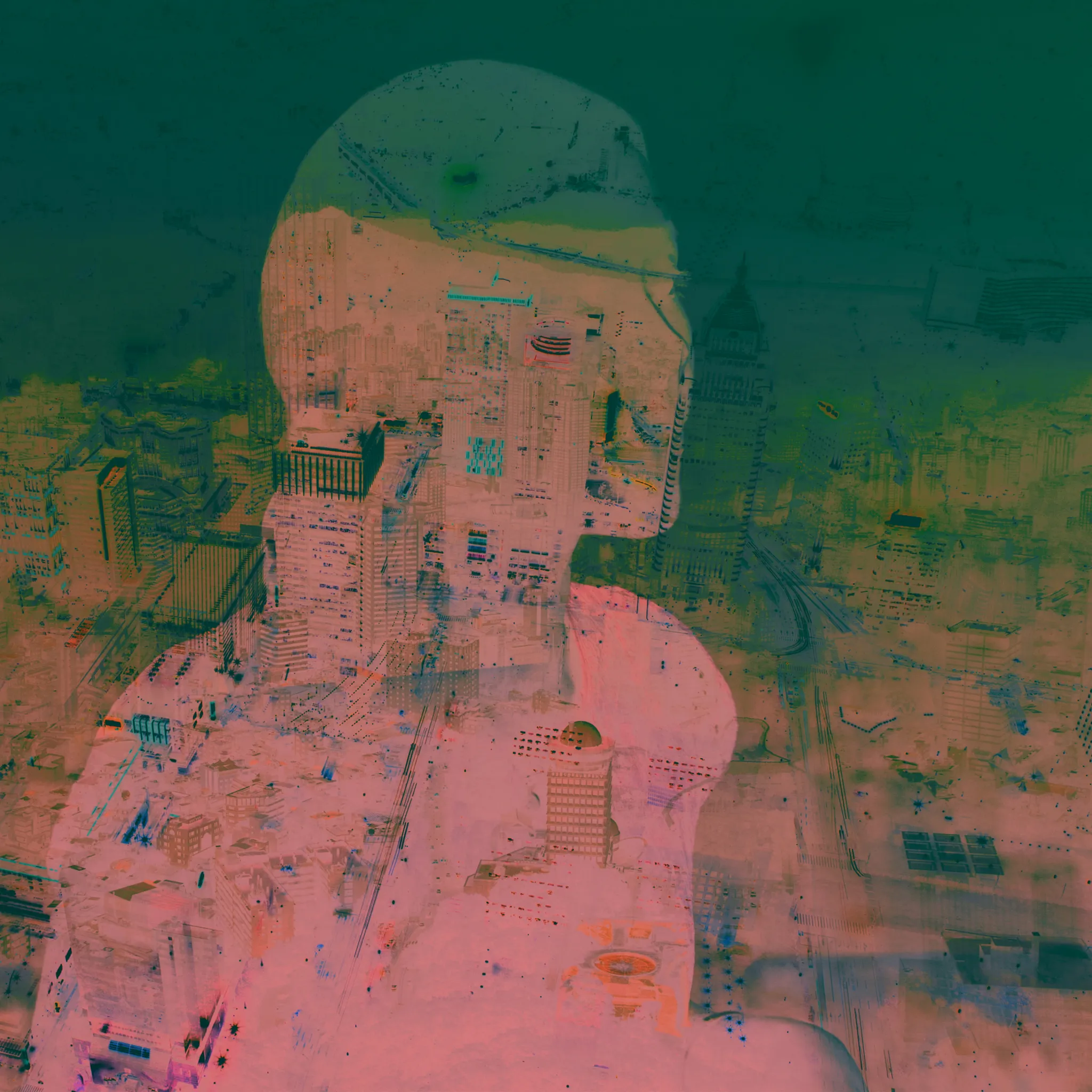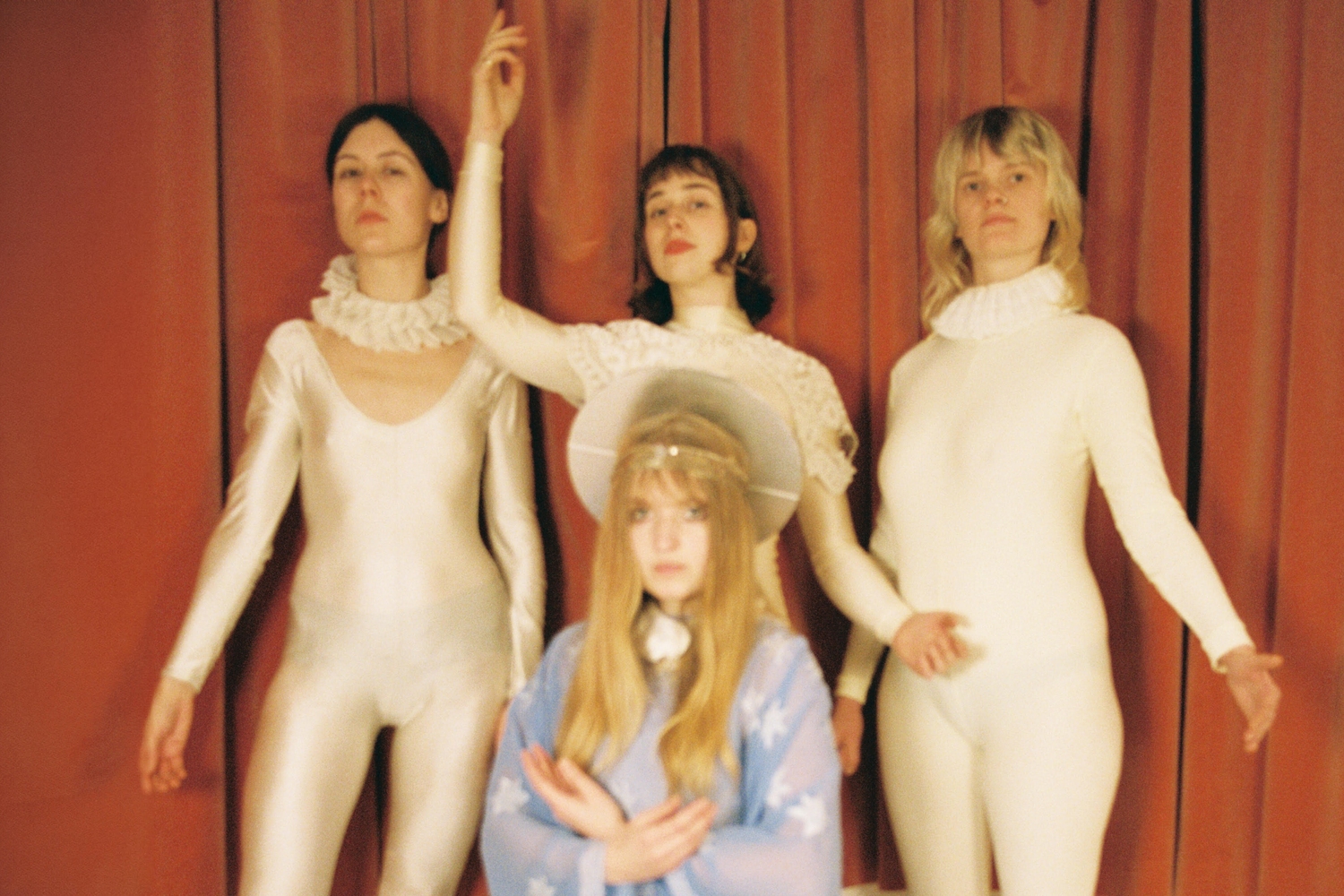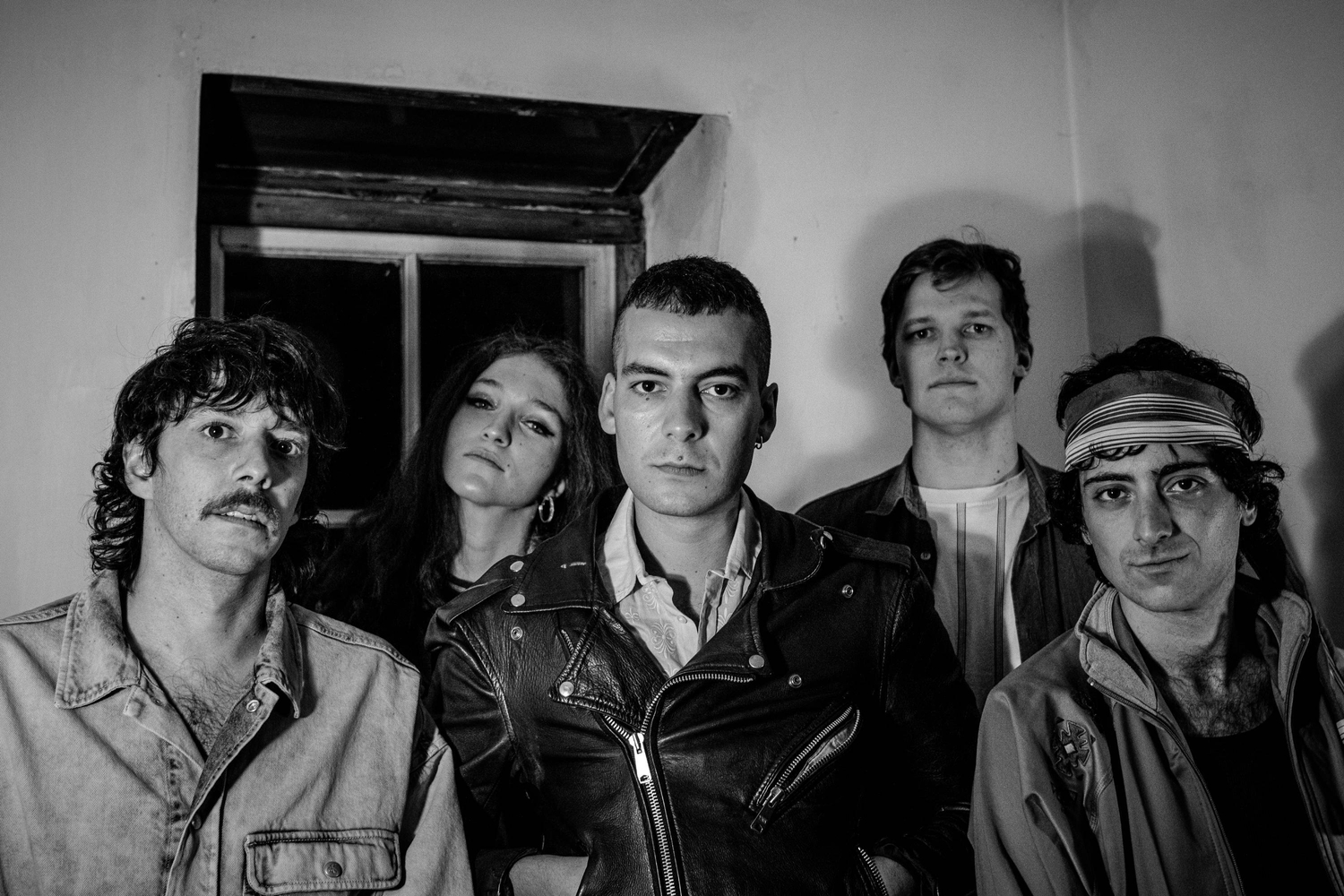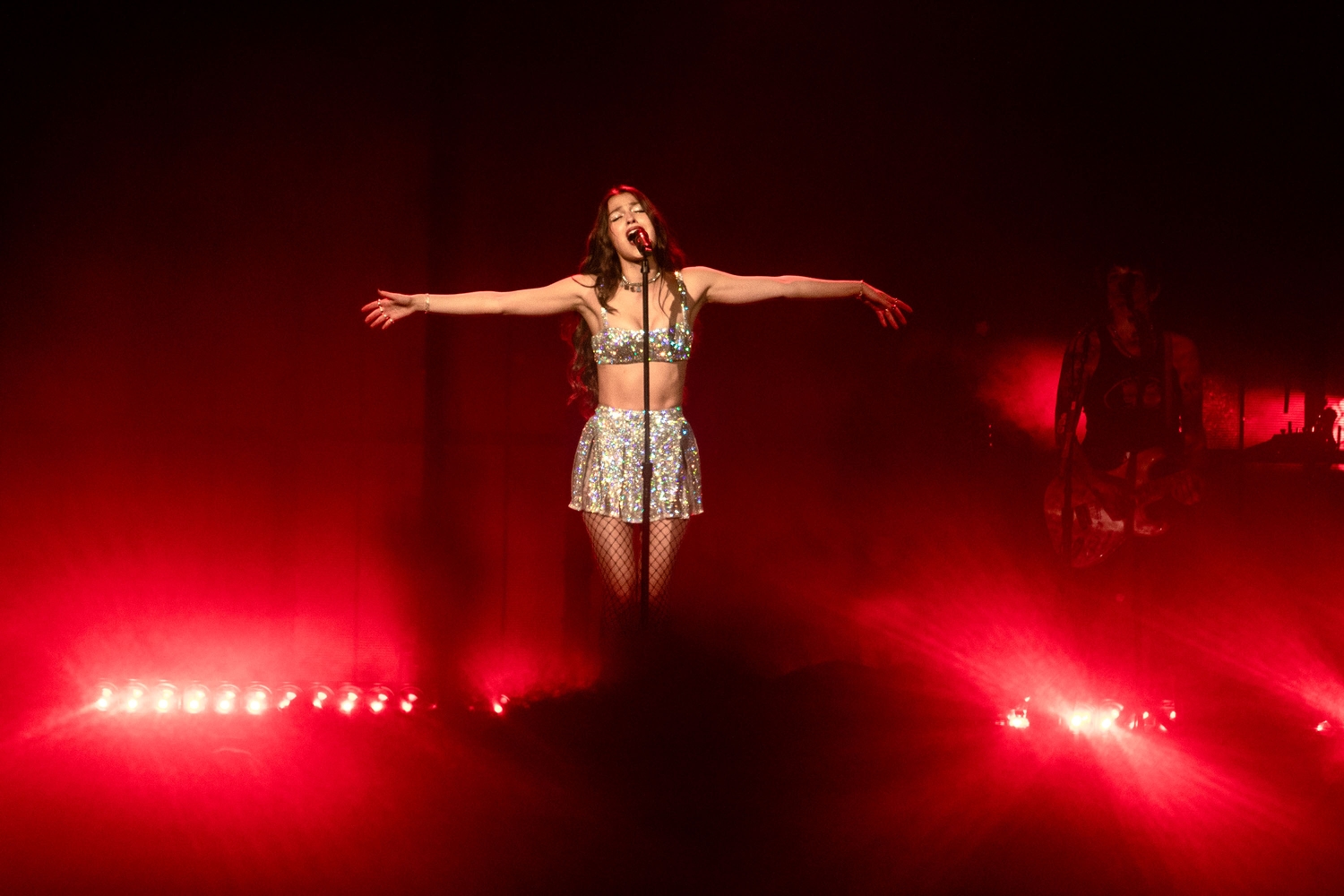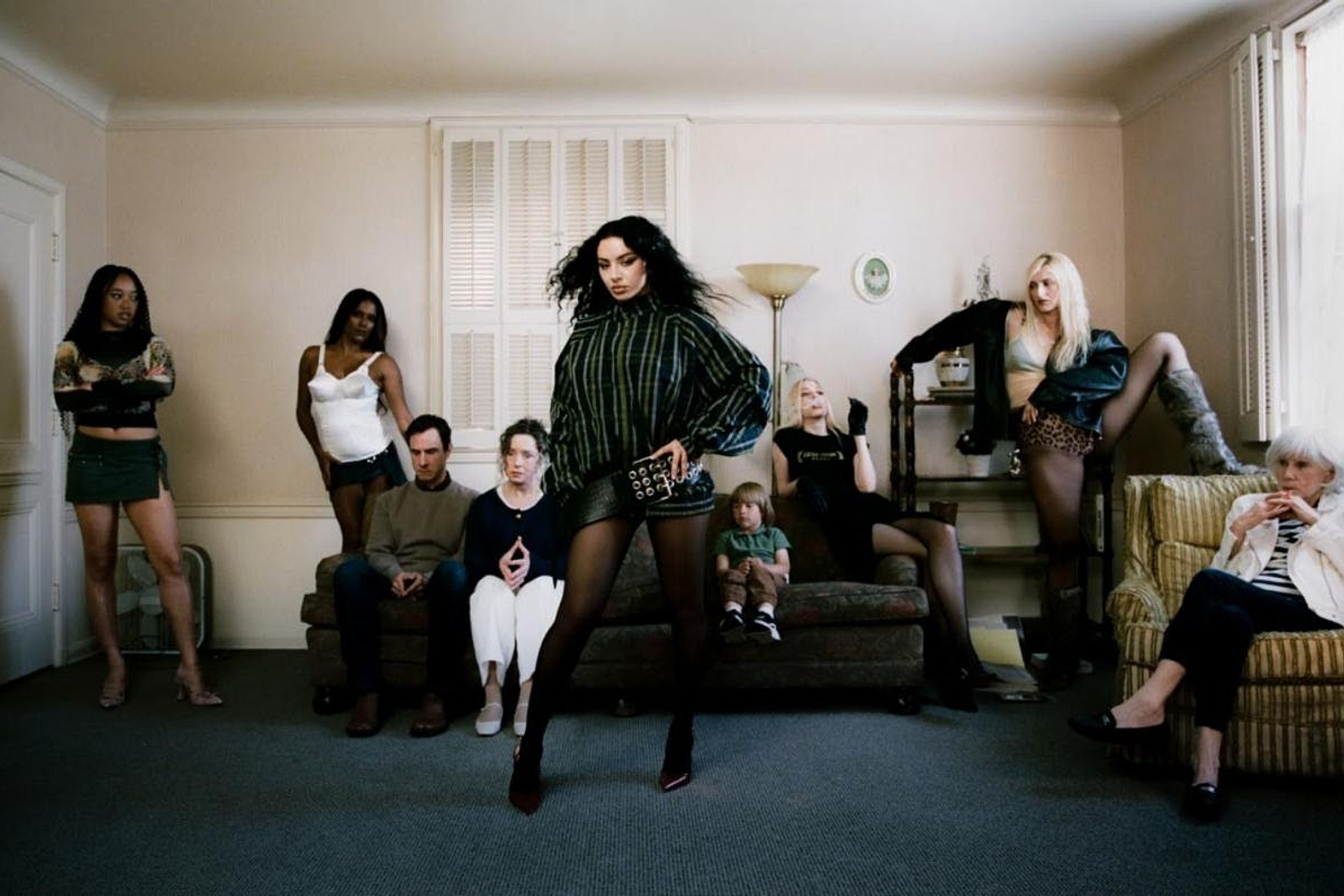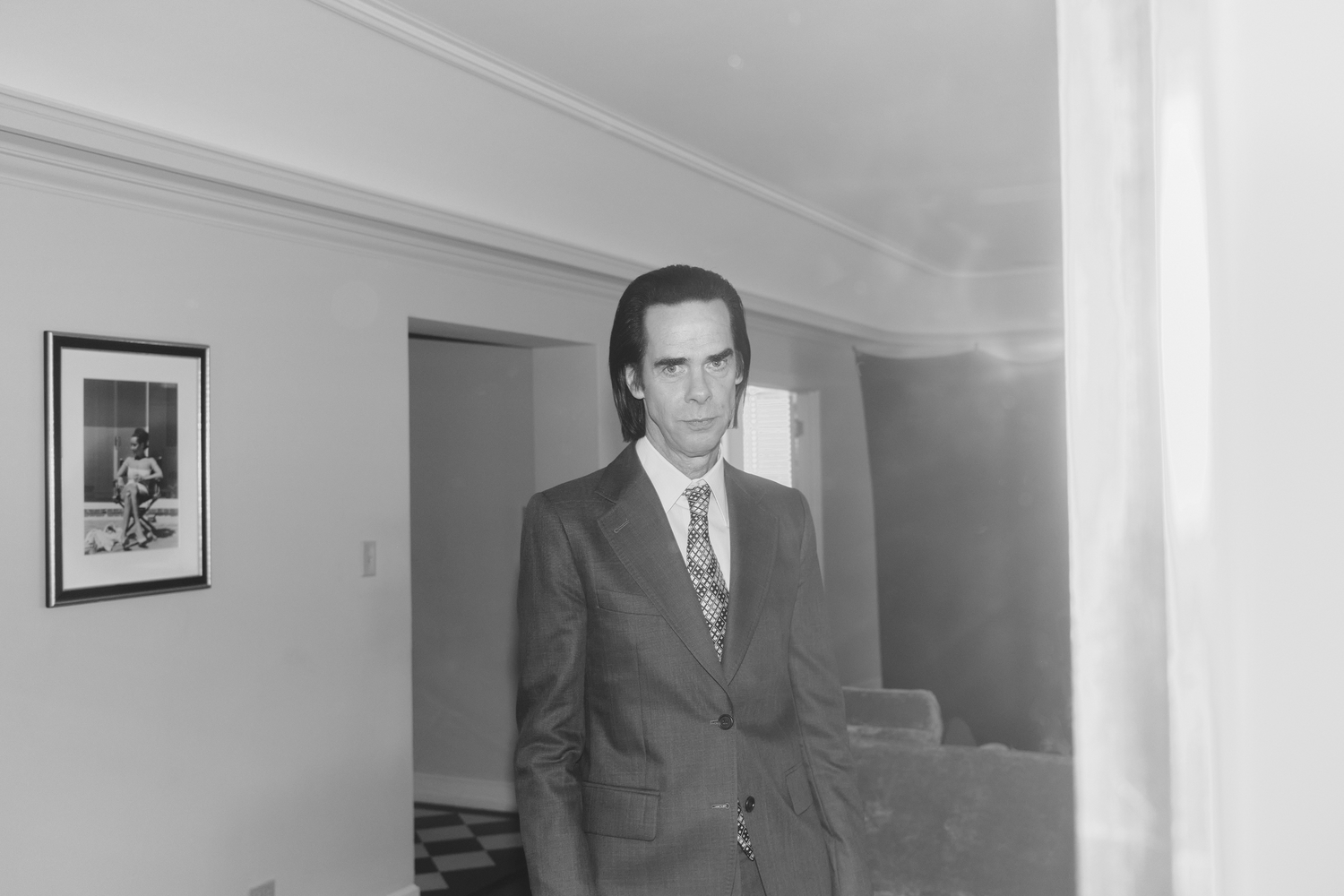Live Review
Max Richter, Barbican, London
Richter’s ‘Memoryhouse’ glows and breathes with a kind of unplaceable sadness.
As far as live settings go, the Barbican Hall, and the full force of the in-house BBC Symphony Orchestra is not a shabby backdrop at all. Overlooked by a wall of ornately slotted wood in origami patterns, all lit up by a wash of warm pink, Max Richter walks on, in a suit and a pair of converse, and takes a quick bow before tinkering around with a MacBook hidden amongst his collection of harpsichords, pianos, and electronics out at the front of the stage. The sound of pouring rain begins, and a voice murmurs “night does away with colours. It lets blaze the colour of the soul.” Predictably there isn’t an empty seat in the house, because tonight Max Richter is performing his debut record ‘Memoryhouse’ in full, for the first time.
Normally, when dealing with a beautiful, all-absorbing record like ‘Memoryhouse’, it’s impossible to avoid comparing the live quality to how perfect a record sounds in your head. Tonight, though, the orchestra coarses blood and oxygen through every note, and as the solo cellist comes in with that simple, soaring melody that permeates throughout the entire record, it is just one of those moments. Every time that refrain is revisited, on baroque harpsichord, on a toy box, or by a soprano singer, there are actual goosebumps.
Max Richter remains completely loyal to pure classical music, and every one of his stunning orchestral arrangements seems timeless and grounded firmly in a tradition reaching from Elgar and Schubert all the way through to Samuel Barber. It’s the way that he fuses it with experimental components – poetry readings, abrasive electronic rumbles, and even inviting the conductor, André de Ridder down to the piano to duet on ‘The Twins’– that makes Richter a master of neo-classical. ‘Memoryhouse’ journeys through a fraught 20th Century world, presenting it with documentary-like vignettes. There’s a jarring, wrenching, lament to Sarajevo, the site of the assassination that sparked World War One, and a city that has been torn apart by the siege as recently as the 90s. ‘Laika’s Journey’ begins with an unsettling rumble, and a cosmic cacophony of brassy sound – it’s a reference to the dog who was sent into space, and died there, on the Soviet’s Sputnik 2 during the Cold War space race. The thing is though, even without knowing about all these painstakingly constructed details, Richter’s ‘Memoryhouse’ glows and breathes with a kind of unplaceable sadness.
By the time he returns for his encore, ‘On The Nature Of Daylight’, from 2004’s ‘Blue Notebooks’, there probably isn’t a dry eye in the house. A standing ovation, and another quick bow and grin from Richter follows, and off he goes, casual as anything. It’s one thing hearing ‘Memoryhouse’ through headphones, or even, god forbid, on a tinny laptop. Shut your eyes, and it still conjures up empty cities and no-mans-land; an intoxicating, beautiful, tragic Europe. At The Barbican, it’s ten times more intense, and almost completely mind-shattering.
Read More
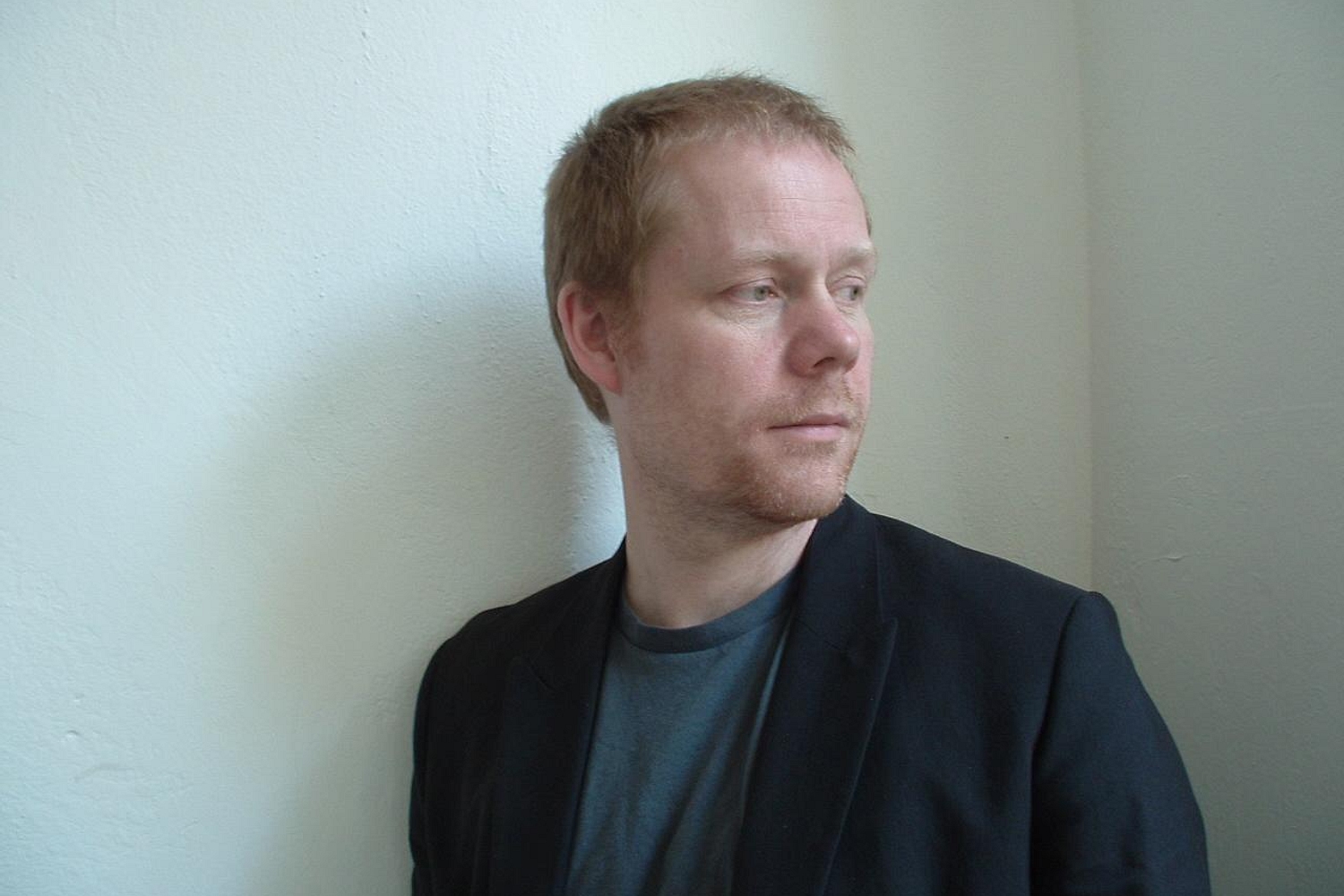
Max Richter to release eight-hour long album ‘SLEEP’
As part of the composer's new experimental work, fans at the marathon performance will be given beds to kip in.
18th June 2015, 12:00am
Max Richter’s ‘Memoryhouse’ To Get Deluxe Re-Issue
The Post-Classical composer will also perform the record in full at the Barbican Hall, alongside the BBC Symphony Orchestra.
7th January 2014, 12:24pm

Max Richter - Infra
4 Stars
Beautiful, powerful and stirring in equal measure.
16th July 2010, 1:01pm
Popular right now
With Rachel Chinouriri, A.G. Cook, Yannis Philippakis, Wasia Project and more!

